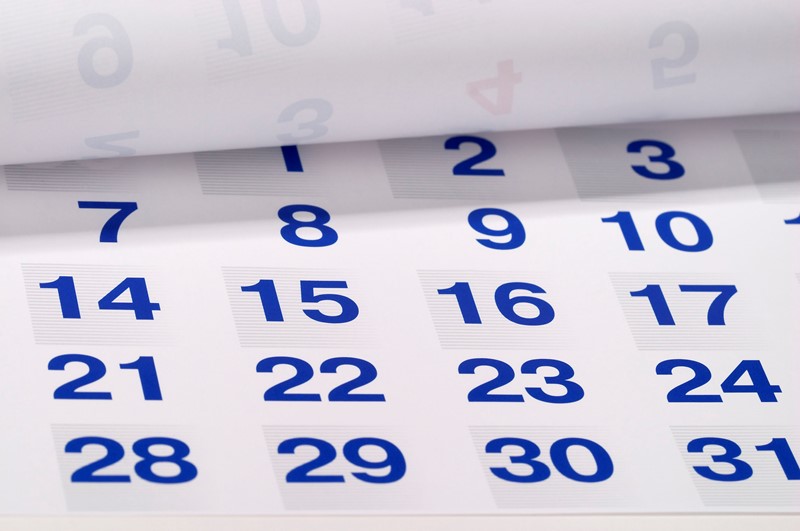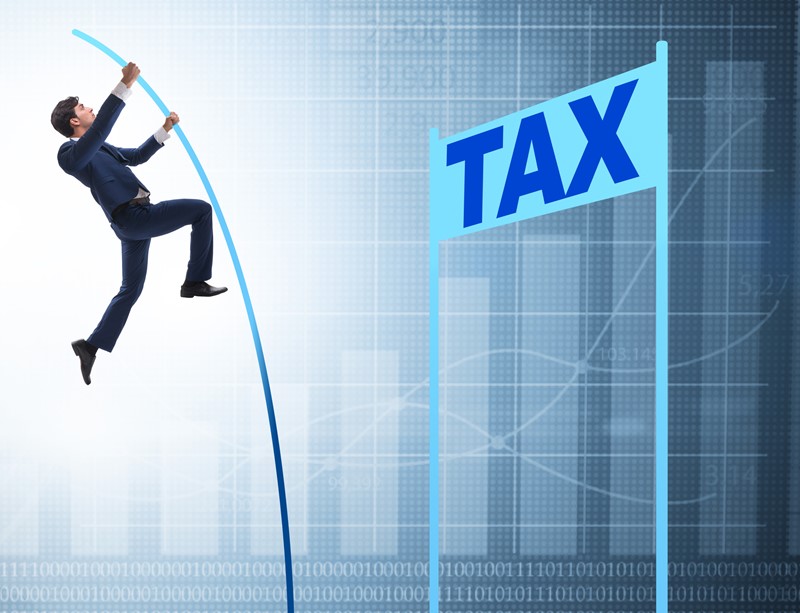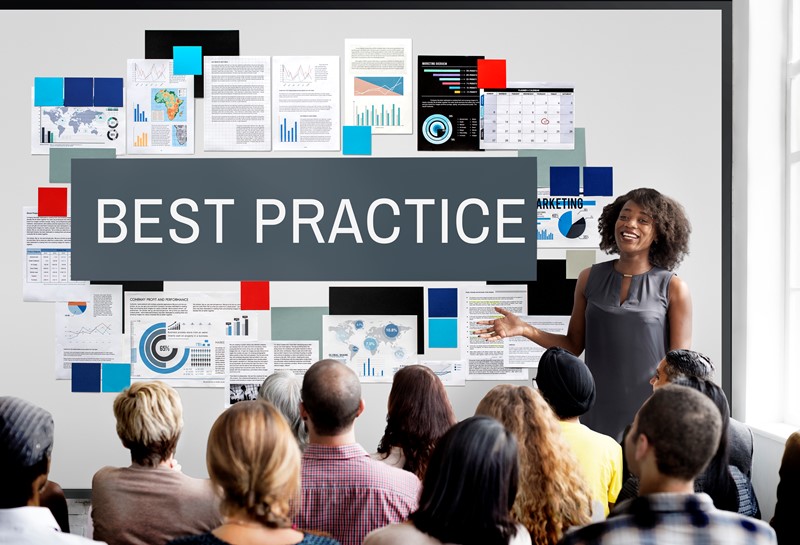HMRC uses a number of different measures to help determine whether an activity is a trade irrespective of whether the activity leads to a profit or a loss. This includes looking at whether an activity is a hobby or artificial trade.
HMRC manuals implore inspectors to critically examine claims that a trade exists where that claim may have been made to get relief:
- that is only available to traders, such as loss relief, or
- for the costs of a hobby, or
- for investment losses, or
- for capital expenses, particularly in group situations, by transmuting them into revenue deductions using an artificial trading company.
In particular, HMRC will consider whether a profit is an isolated event. A taxpayer who wants tax relief for losses, which are not, in truth, trading losses, may point to a profit in a particular year to support the trading assertion. HMRC is clear that this factor would normally carry little weight if that profit was an isolated event in an overall picture of continuing losses. For example, taxpayers using an artificial trade disguised as commercial activity in order to create losses and claim various loss reliefs.












